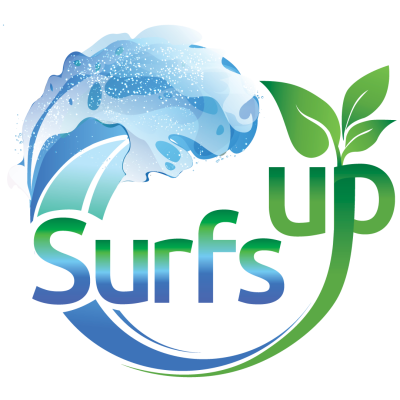
SURFs UP
Safe and sustainable by design microbial and lignin-based biosurfactants sourced from sustainable feedstock for home, personal care and agrochemical application

Safe and sustainable by design microbial and lignin-based biosurfactants sourced from sustainable feedstock for home, personal care and agrochemical application
Crucial in daily life, surfactants are utilised in various sectors, including home and personal care, cosmetics, pharmaceuticals, food and feed, beverages, chemicals, detergents, and more. However, as many are produced through chemical processes, concerns have been raised about deforestation and logistic chains. The global production volume of surfactants stands at about 18 million tonnes, with an expected turnover of 47 billion euros by 2027, driving significant economic and environmental impacts. Despite a growing demand for safe and sustainable options, only 4% of the surfactant market consists of fully bio-based surfactants. The SURFs UP project aims to address this gap by developing optimised processes for 9 second-generation biosurfactant products.
These products will be derived from renewable feedstocks, such as wood processing waste (sugars and lignin) and regional food/processing waste. The project will focus on microbial biosurfactants and chemically produced biosurfactants from lignin. Each product will undergo thorough characterisation and evaluation based on safety and sustainability criteria. The production will be scaled up, and prototypes will be formulated for home and personal care, as well as agrochemical applications. Cost-efficiency and sustainability will be prioritised throughout the project, with comprehensive economic and environmental assessments.
The SURFs UP project aims to:
SURFs UP is set to generate credible and sustainable impacts, building upon past successes such as CARBOSURF and WASTE2FUNC, with insights from projects such as IRODDI. The expected benefits include the: